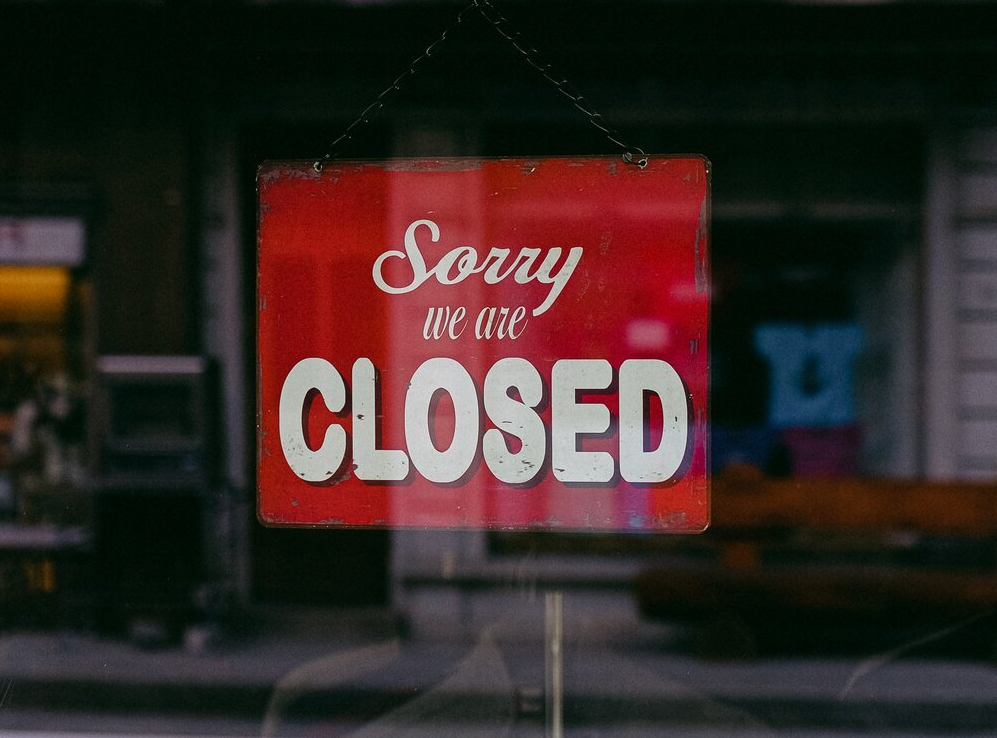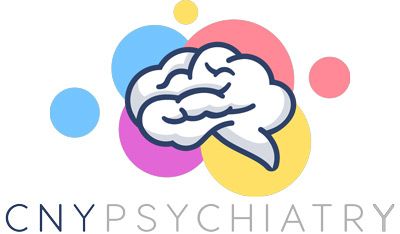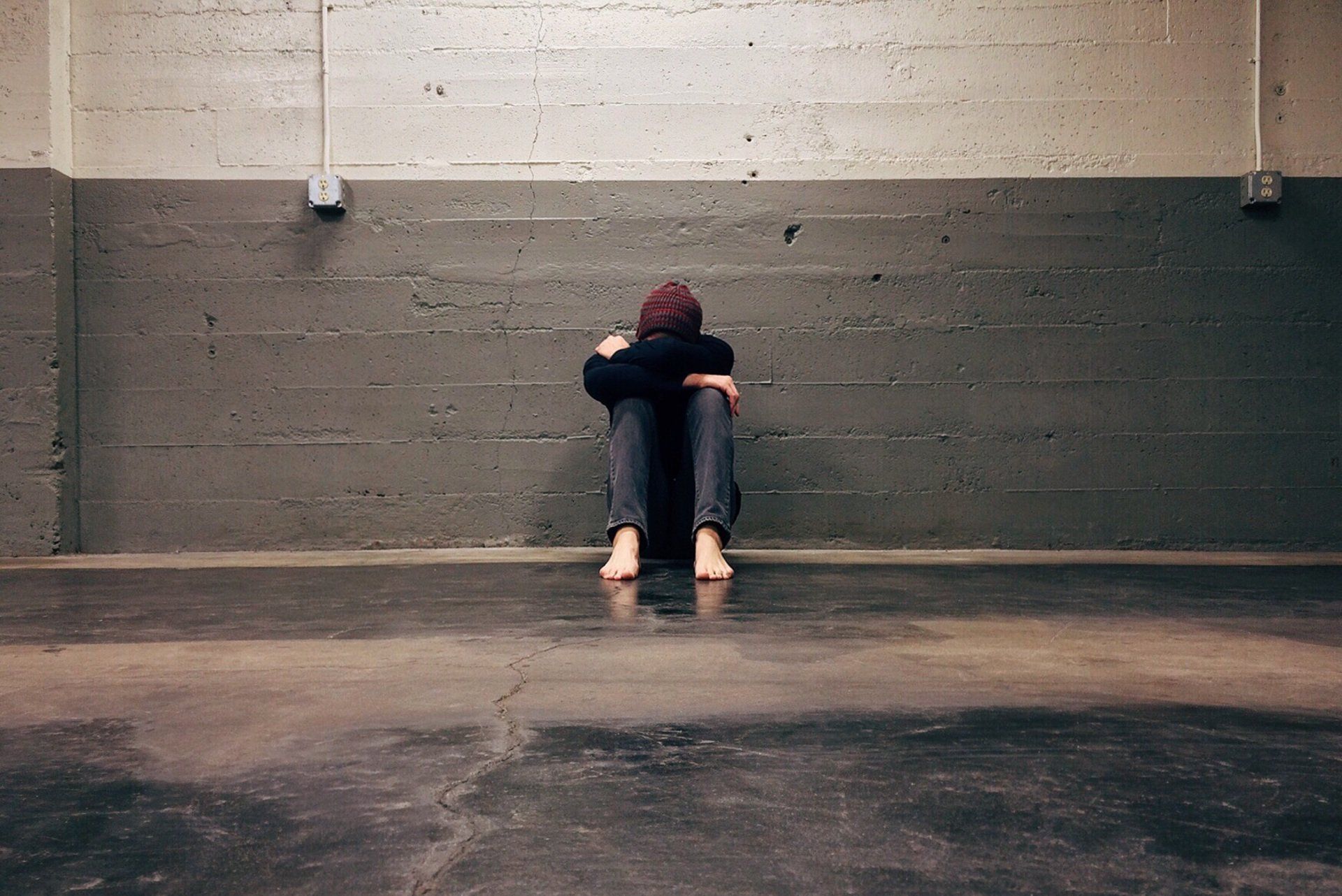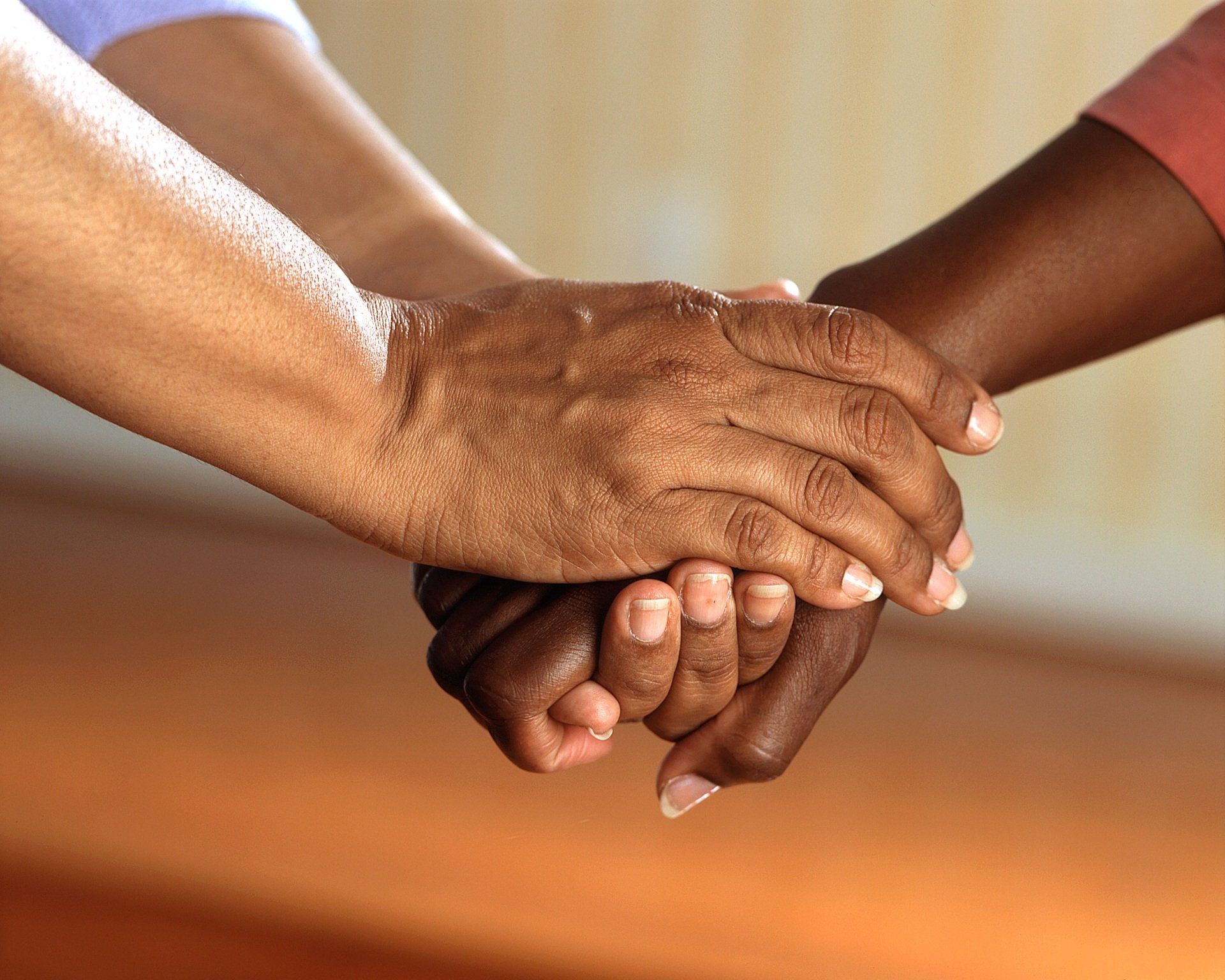The Pandemic’s Impact on Mental Health
Jason Stepkovitch • December 16, 2020

“Now is the winter of our discontent.”
-Shakespeare’s Richard III
There are times in life that one suffers. 2020 has been a year of collective suffering. In the US, hundreds of thousands have died directly from COVID. The economic livelihoods of countless thousands have been disrupted, with employees furloughed, and the doors of small businesses shuttered, many permanently. According to the CDC, overdose deaths have increased by 20 percent this year. Calls to domestic violence hotlines have increased by 30 percent. A CDC survey in June found that one in three individuals were experiencing anxiety or depressive symptoms, with 10 percent of individuals reporting suicidal thinking.
We’re being told that the answer is to keep ourselves as safe as possible. Wear masks when in public and around other individuals. Avoid shaking hands. Avoid going out unless absolutely necessary. Avoid in-person gatherings. Avoid…
Avoidance is an effective strategy when trying to curb a viral outbreak. It is also a very effective strategy if one looks to create anxiety and depression in a population. David Brooks, the New York Times columnist, wrote a prescient article last March on the propensity of pandemics to create distance, not to bring us together the way other crises can, as happened after 9/11. Fear of imminent death has a way of sowing separation, as every other individual, even those in our own family, becomes a potential threat. Once COVID has passed (yes, this will pass), some will perhaps have to live with the guilt that comes with knowing that one’s actions have led, directly or indirectly, to the suffering of others. This is how these sorts of events historically go.
The FDA just approved the Pfizer vaccine a few days ago, providing the hope of the beginning of an end. Still, we are several months away from the true alleviation of our situation. In the meantime, what are we to do?
Once safety has been attended to, as recommended by the medical establishment and the vast majority of our political leadership, I believe it has to include an awareness that safety in and of itself is inadequate and incomplete. As we limit our interactions, perhaps to a few close relatives, are we being attentive to those around us? Are we making extra effort to reach out not just to those we feel closest to, but to those who NEED us the most? Are we finding ways to stay involved with struggling relatives, friends, and acquaintances? Are we seeking ways to stay connected to our communities, where we can have the most immediate impact?
A sea of social workers, psychologists, and psychiatrists cannot replace the value of true, intimate human interaction, which, if it can’t be done in person, can less perfectly be done through our phones and computers. How many suicides and overdoses can be prevented in the coming months if we make that extra effort to pay attention to one another?
Lastly, a word about masks. I’ve heard and read a lot of vitriol directed at those who are seen in public not adhering to the mask mandates. The vast majority, no doubt, aren’t taking this thing as seriously as they should, and are putting themselves and others at unnecessary risk, particularly if they are also coming into close proximity to other individuals. I have a non-mask-wearing patient, who has agreed to let me write about her situation, which doesn’t fit neatly into this narrative. She was molested by a close family member as a child, and anything that covers her mouth causes a horrific flashback in which she re-experiences the events from her childhood. I think it would be very helpful to her if someone asked her how they could help her, rather than shoot her a dirty look, or worse, say something unkind, the next time she dares venture out in public. I’m sure there are many other individuals who, for various reasons, can’t wear masks. Shaming them isn’t right.
If we can maintain a sense of compassion for one another and not lose our moral compass through the remainder of this, while still taking safety seriously, we can avoid something that has the potential to be as dangerous to the mind as a virus is to the body - regret.






